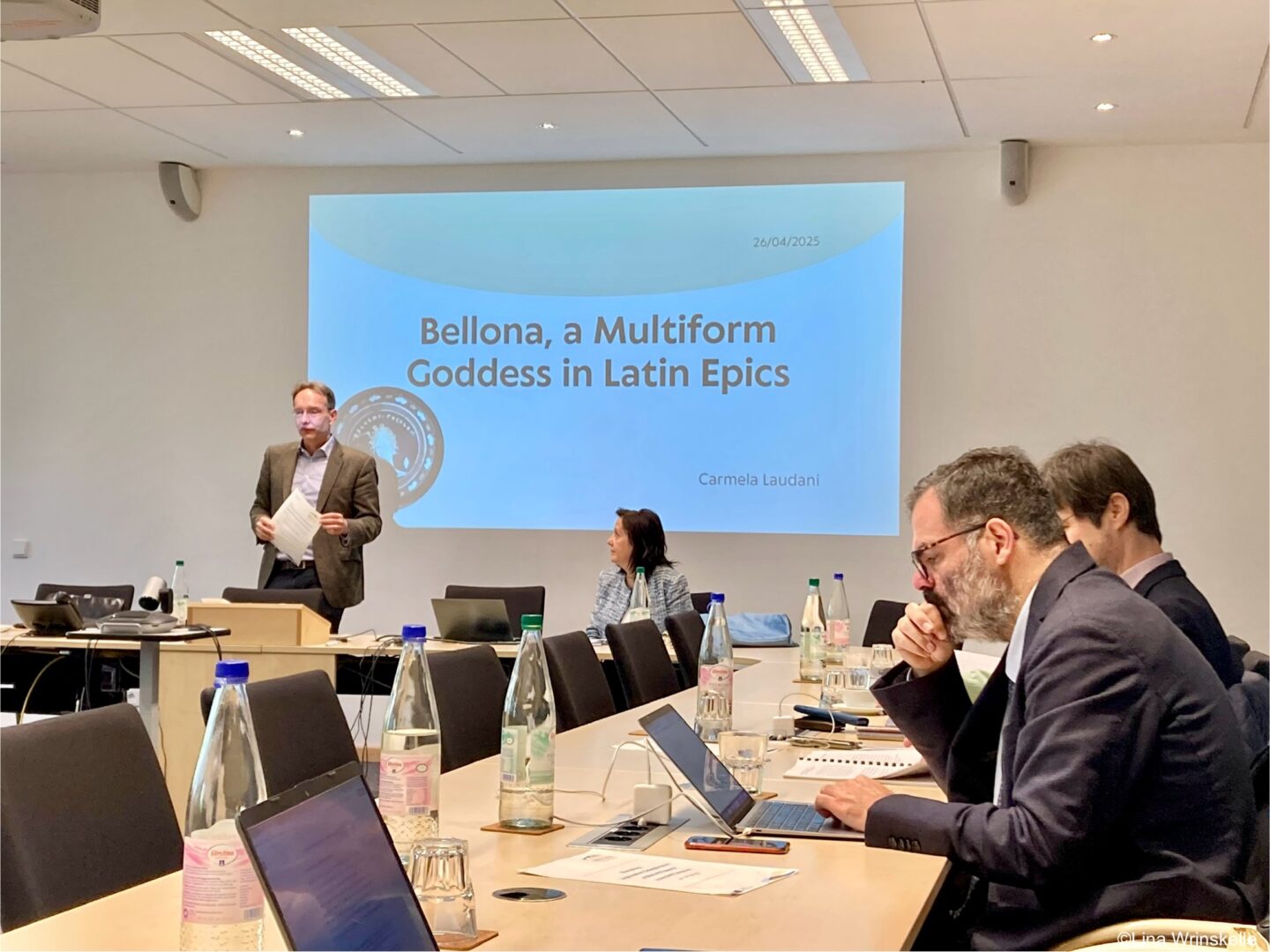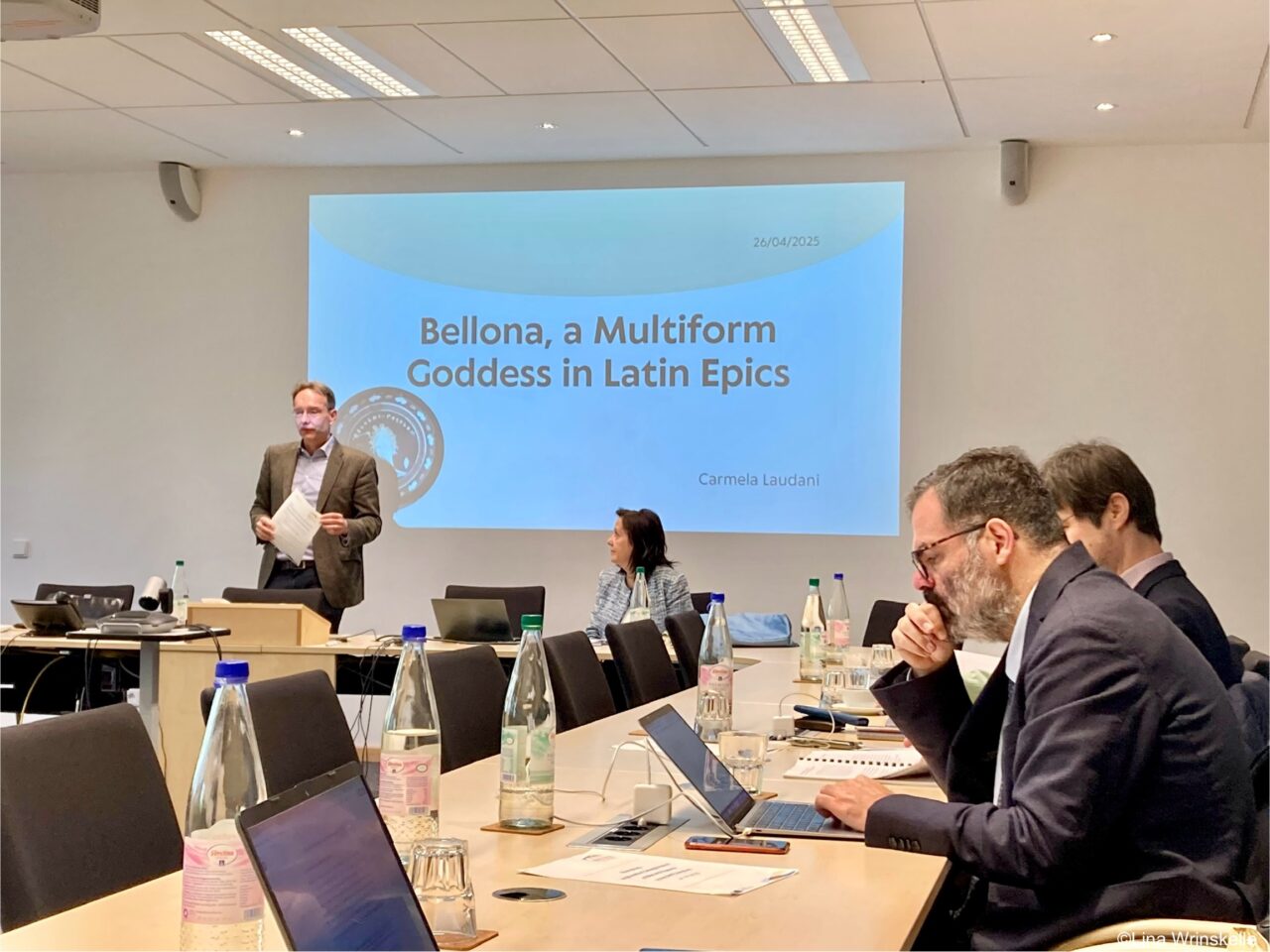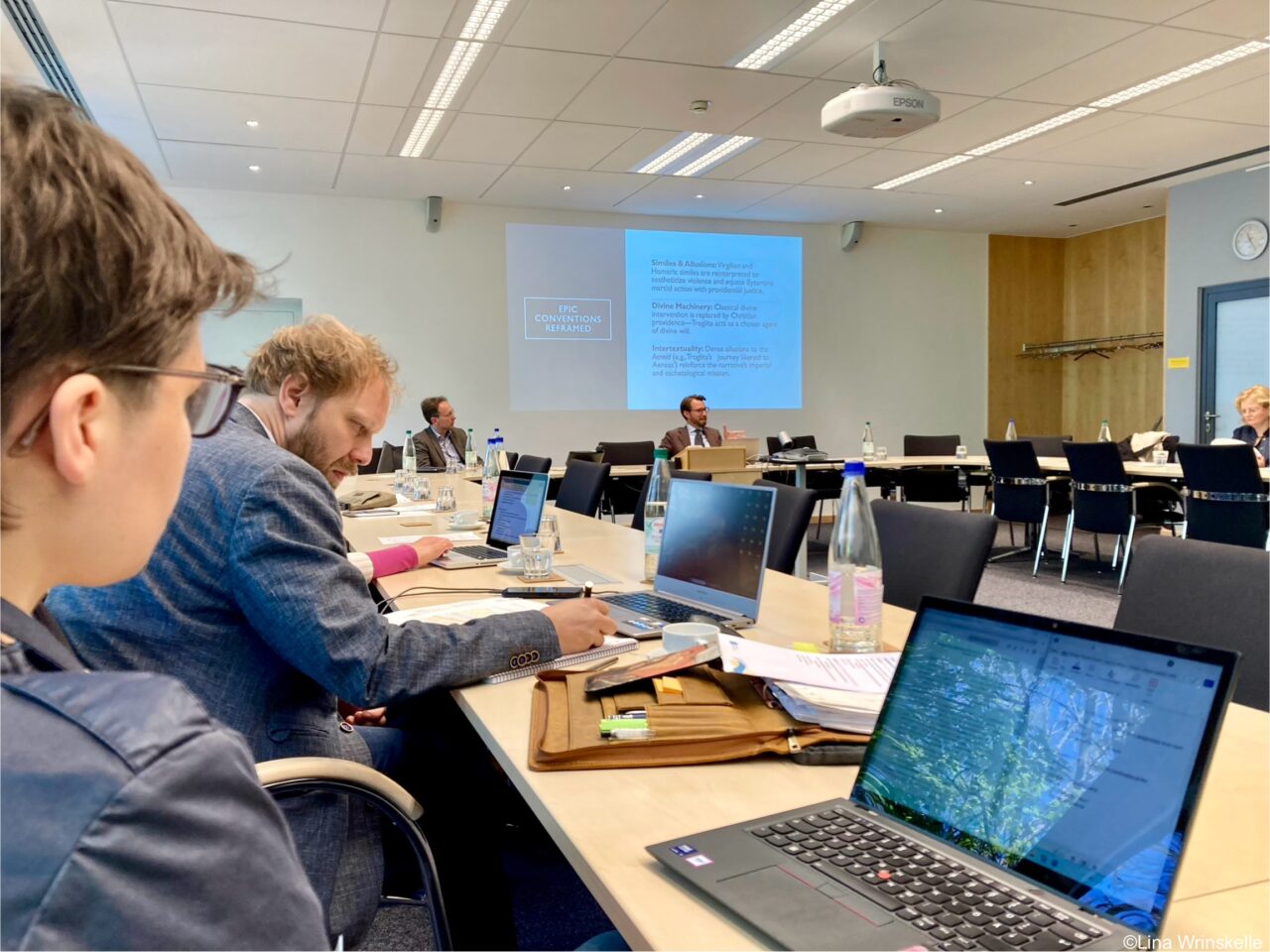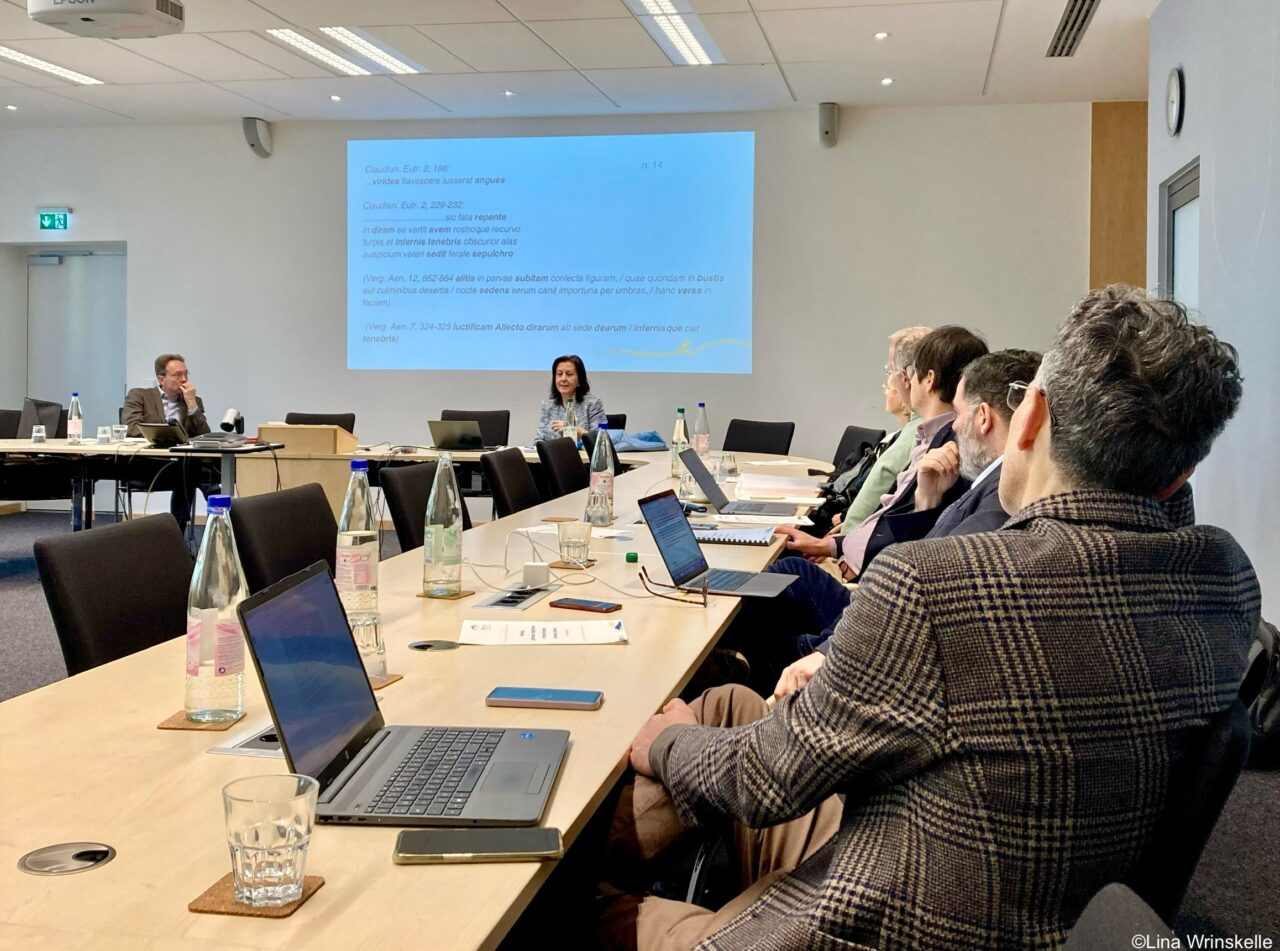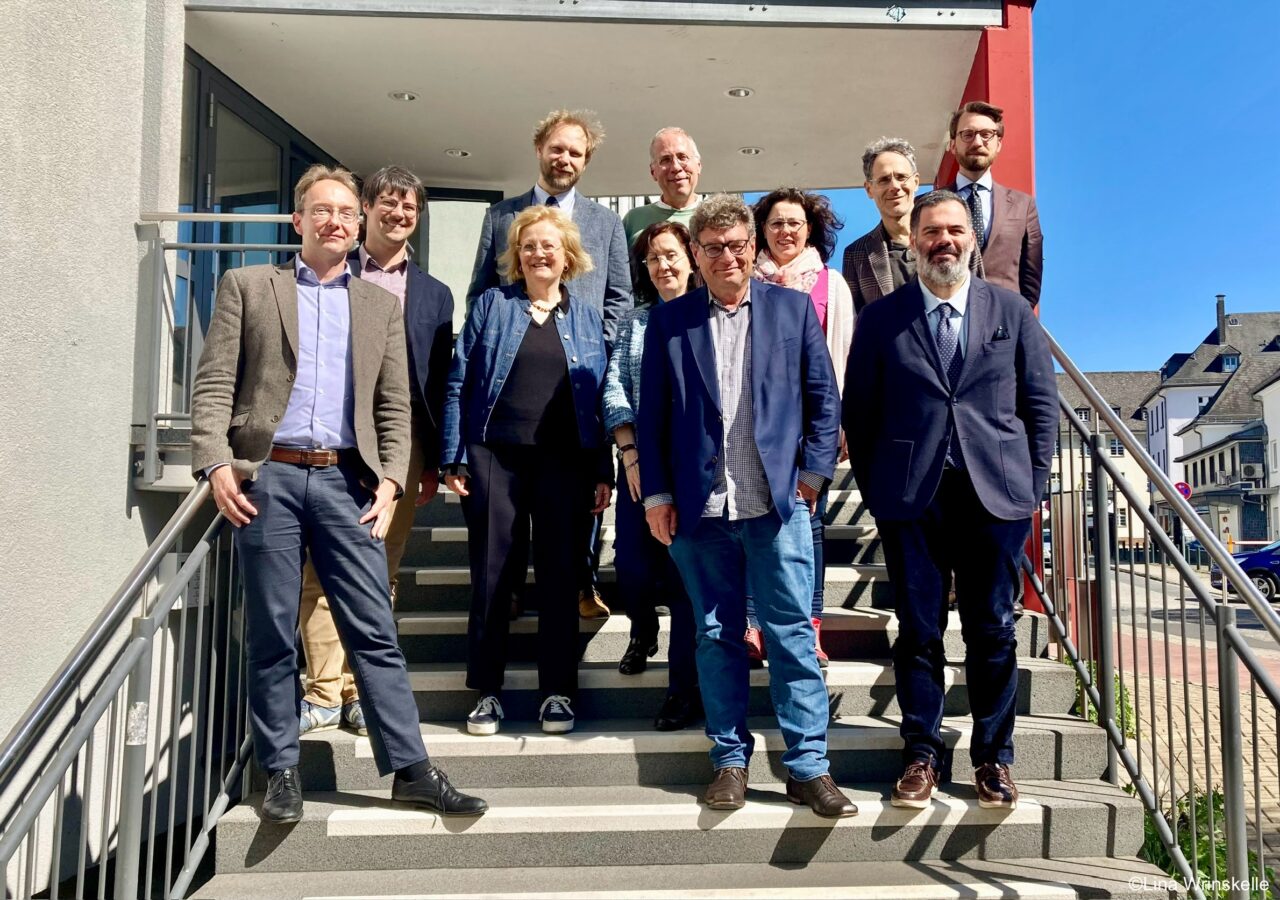Can wars ever be just? Can the violence caused by them ever be accepted as legitimate? Questions like these have not only been asked in our time, but were also discussed in ancient times and answered in different ways. In addition to legal and political discussions of war, artistic and literary representations of armed conflict play an important role in debates about its justifications within ancient societies. Our project will focus on these representations across epochs and genres, ranging from the epic poems of Archaic Greece, to the tragedy and comedy of Classical Athens, to the Latin poetry of the early Roman empire, to the historiographical writings of Late Antiquity. Our guiding questions include the following: To what extent do works of ancient art and literature present wars and their declarations as just or unjust? How do wars conclude and how do literary texts envision the
steps that lead to the end of war? Does ancient literature idealize the notion of a bellum iustum or call it into question? Are civil wars imagined in the same terms as wars with foreign adversaries? Do literary and artistic representations of wartime violence aim to fascinate and incite their audiences or horrify and deter them? And do we today see and understand the atrocities of war with the same eyes and instincts as people experiencing this form of violence thousands of years ago?
This project is made possible through seed funding from the EUPeace Fund, an initial incentive launched to cultivate and develop interest across EUPeace communities in our network; by providing a first format for collaboration, the Fund equips participating researchers, educators, students and administrators with a practical tool for experimentation and active participation, employing a bottom-up approach that generates concrete information on the interests and needs of our communities and informs future collaborative initiatives.

